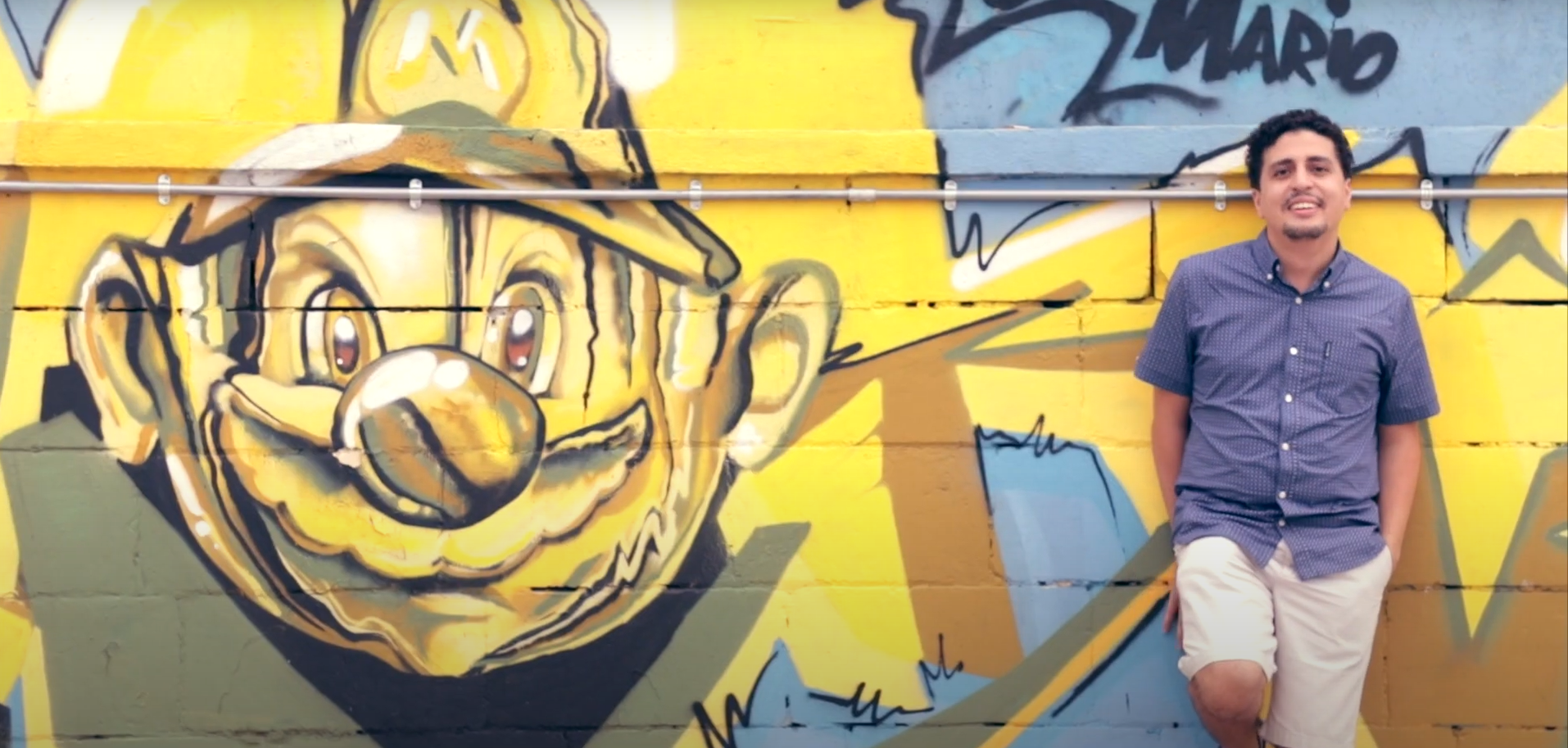
New AI in Games Lecturer - Dr Ahmed Khalifa


Dr. Ahmed Khalifa joins us all the way from New York University as our new lecturer at the Institute of Digital Games. Ahmed's expertise in game design and artificial intelligence will be an asset to the students studying at the University of Malta as well as the research being conducted at the Institute.
Game Designer with Several Indie Games Credits
His game Atomic+ was nominated for Best Audio at Indie Prize and received coverage in Indie Statik, Rock Paper Shotgun, and Indie Game Mag. He has developed more than 10 finished games and more than 30 prototypes. All his games are available to play on his website.
AI Research: Deep Tingle and Level Generation
His AI research on Deep Tingle, conducted under supervision of Prof. Julian Togelius at NYU Game Innovation Lab was covered by The Register - a leading and trusted global online enterprise technology news publication. Deep Tingle is an AI that can transform anything into terrible, but hilarious erotica, you can read more about it in the full article Has AI gone too far? DeepTingle turns El Reg news into terrible erotica.
AI and Games at NYU
Before joining the Institute of Digital Games, Ahmed worked as a teaching assistant at Faculty of Engineering, Cairo University, teaching Image Processing, Microprocessors, and various classes about object oriented programming. In 2009, he worked at Microsoft Research Center in Cairo developing tools for testing and debugging Bing Arabic translation and the Arabic spell checker in Microsoft word. He also worked as a game designer and developer on various independent games, of which several were nominated for prizes or selected to be showcased at game events. During his time at NYU, he was teaching assitant for courses on AI and AI for Games.
Level Generation: Mixing AI and Procedural Content Generation
His current work is focussed on tools for game designers to help them with either AI or Procedural Content Generation (PCG). PCG Level Generation was the focus of Dr. Khalifas PhD research, conducted under the supervision of Prof. Julian Togelius. Ahmed's approach uses quality-diversity algorithms to find good levels for any game, while the searching the level generator space using reinforcement learning or multi-objective evolution to find a level generator that can be used for the problem at hand.

